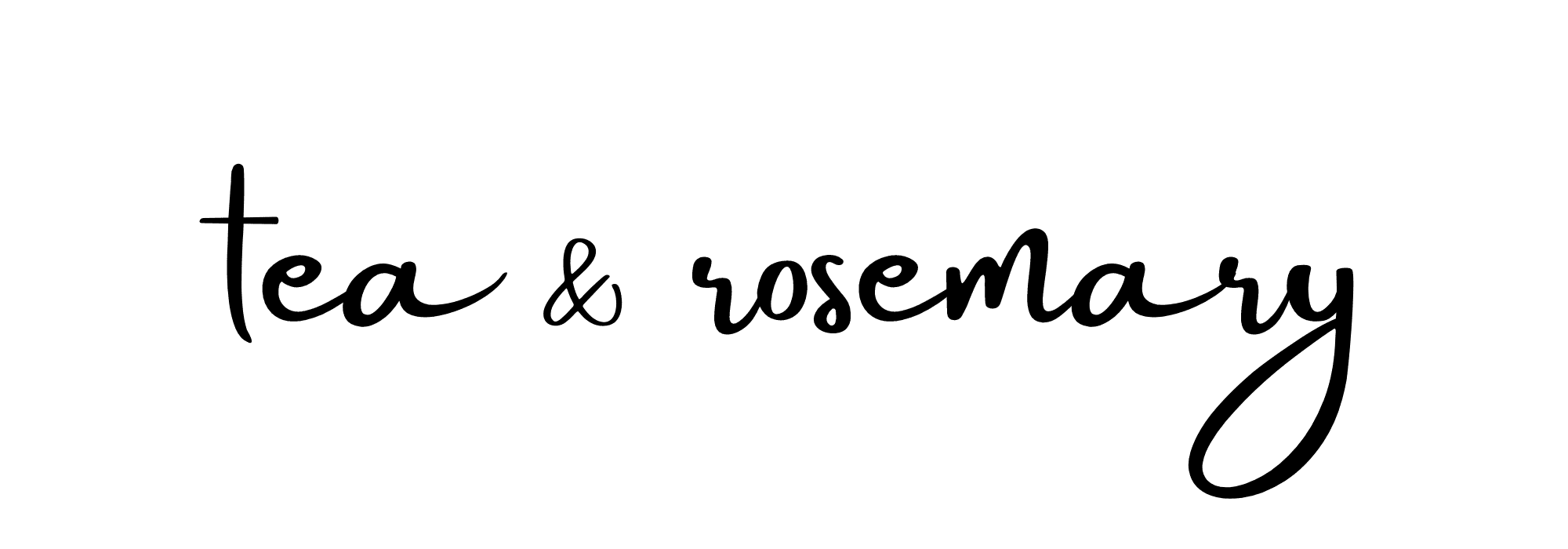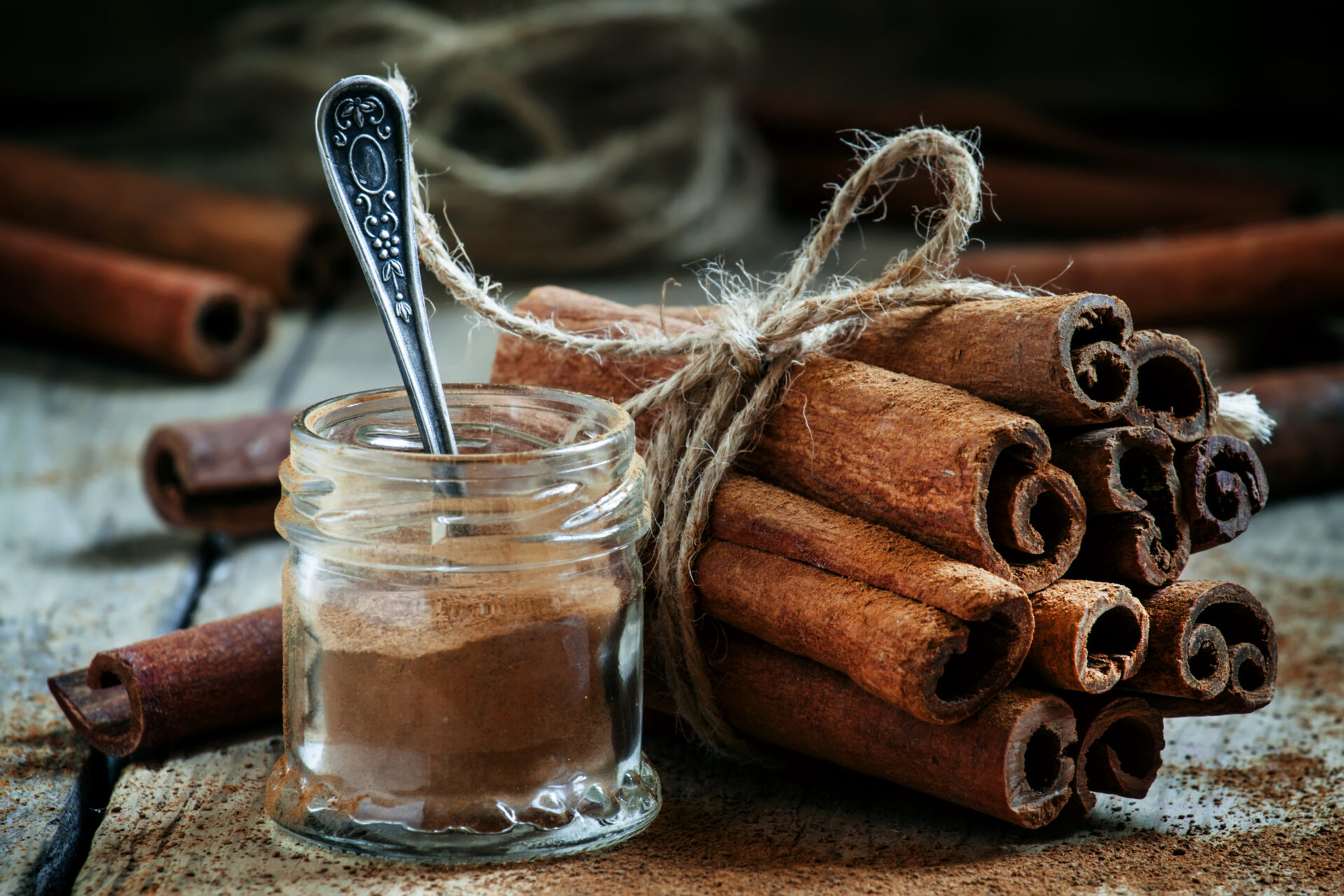Cinnamon is a spice that has been used for centuries in various cultures for its culinary and medicinal properties. However, cinnamon also has a reputation for its magical properties in many spiritual and religious practices. In this article, you will learn about the magical properties of cinnamon and how it can be used in rituals and spells.
Cinnamon is believed to have a variety of magical properties, including protection, prosperity, and love. It is often used in rituals and spells to attract abundance and success, as well as to protect against negative energies and evil spirits. Cinnamon is also associated with the element of fire, making it a powerful tool for transformation and manifestation.
In addition to its magical properties, cinnamon is also known for its healing properties. It has been used in traditional medicine to treat a variety of ailments, including digestive issues, inflammation, and infections. Whether you are a seasoned practitioner or just starting to explore the world of magic, cinnamon is a versatile and powerful tool that can help you achieve your goals and enhance your spiritual practice.
Historical Usage of Cinnamon
Cinnamon has been used for its magical properties for thousands of years. In this section, we’ll explore the historical usage of cinnamon in Ancient Egypt and Medieval Europe.
Ancient Egypt
Cinnamon was highly valued in Ancient Egypt and was used in embalming rituals. It was also used as a perfume and as incense in religious ceremonies. The Egyptians believed that cinnamon had healing properties and used it to treat a variety of ailments, including respiratory problems, digestive issues, and menstrual cramps.
Medieval Europe
During the Middle Ages, cinnamon was a highly prized spice in Europe. It was used to flavor food and drinks, and was also believed to have medicinal properties. Cinnamon was thought to help with digestion, improve circulation, and boost the immune system. It was also used to treat toothaches and bad breath.
In addition to its medicinal properties, cinnamon was also used for its magical properties. It was believed to have the power to attract love, wealth, and success. Cinnamon was often used in love spells and was thought to help improve one’s luck in business.
Overall, cinnamon has a long and rich history of use in both Ancient Egypt and Medieval Europe. Its magical properties have been valued for centuries, and it continues to be used today for its many health benefits and delicious flavor.
Magical Correspondences of Cinnamon
Cinnamon, with its warm and spicy aroma, has been revered in various cultures for its medicinal, culinary, and magical properties. Here’s a rundown of the key correspondences often attributed to cinnamon in magical practices:
Elemental Correspondence: Fire
The fiery nature of cinnamon aligns it with the element of fire. It embodies warmth, transformation, and energy, making it an excellent choice for spells and rituals invoking passion or change.
Planetary Correspondence: Sun
Being associated with the Sun, cinnamon radiates warmth, positivity, and vitality. It’s seen as a bringer of light and energy into magical workings.
Deities: Aphrodite, Venus, Dionysus, among others.
Various gods and goddesses associated with love, passion, beauty, and celebration resonate with the energy of cinnamon.
Magical Intentions: Love, prosperity, protection, healing, spirituality, success, and purification.
With its multifaceted energies, cinnamon can be used in a wide range of spells and rituals. Whether you’re hoping to ignite passion, attract wealth, or cleanse negative energies, cinnamon can be your go-to spice.
Chakra: Sacral (Svadhishthana) and Solar Plexus (Manipura)
Cinnamon’s warming properties can stimulate and balance the sacral chakra, igniting creativity and passion. Additionally, its energizing nature aligns well with the solar plexus chakra, boosting confidence and willpower.
Sabbats: Samhain, Yule
Given its warming qualities, cinnamon is often incorporated into rituals and celebrations during colder times of the year, especially during the sabbats of Samhain and Yule.
Colors: Red, orange, gold
These colors mirror the warm and radiant nature of cinnamon, representing its fiery energy and its association with the sun.
Crystal Pairings: Carnelian, citrine, garnet
Pairing cinnamon with these stones can amplify its properties, especially when focusing on creativity, passion, prosperity, or grounding energies.
Cinnamon in Magical Practices
Love Spells
Cinnamon is widely used in modern magic practices, especially in love spells. The warm and sweet aroma of cinnamon is believed to attract love and passion. Here are a few ways to use cinnamon in love spells:
- Mix cinnamon powder with sugar and sprinkle it around your bed to attract a lover.
- Burn cinnamon incense while visualizing love and passion.
- Add a few drops of cinnamon essential oil to your bath to attract love and passion.
Cinnamon is one of the best herbs for love magic, especially when you want quick-acting results.
Prosperity Rituals
Cinnamon is also used in prosperity rituals. Its warm and sweet aroma is believed to attract abundance and success. Here are a few ways to use cinnamon in prosperity rituals:
- Burn cinnamon incense while visualizing abundance and success.
- Mix cinnamon powder with sugar and sprinkle it around your workplace to attract success.
- Add a few drops of cinnamon essential oil to your wallet or purse to attract wealth.
I always use cinnamon in my money spells with great success.
Other Ways To Use Cinnamon Magically
Protection Charm: Scatter cinnamon around your home’s perimeter or sprinkle a little across thresholds to ward off negative energy. This age-old practice is believed to safeguard homes and its inhabitants from unwanted influences. Cinnamon is one of the best herbs for protection because of its fiery nature.
Love Spell: Cinnamon is often associated with love and passion. You can use it to draw love into your life by carrying a small sachet filled with cinnamon or anointing yourself with cinnamon oil, focusing on your heart’s desires.
Prosperity Pouch: Cinnamon attracts wealth and abundance. Create a small pouch with cinnamon sticks, and carry it in your purse or pocket. Whenever you touch it, visualize prosperity flowing into your life. As one of the best herbs for money magic, cinnamon is quick-acting, making this an easy go-to spell when you need funds.
Spiritual Cleansing Bath: Add a sprinkle of ground cinnamon to your bath water. As you soak, imagine the cinnamon’s warming properties igniting your aura, purifying your spirit, and rejuvenating your energy.
Dream Enhancement: Place cinnamon under your pillow or sprinkle a little on top of it to stimulate vivid and prophetic dreams. This is believed to help in dream recall and connecting with your subconscious.
Healing Ritual: Combine cinnamon with other healing herbs, and burn them as incense during meditation or healing practices. The aromatic smoke is believed to accelerate the healing process and strengthen the spirit.
Enhancing Psychic Abilities: Drinking cinnamon-infused water or tea before divination or psychic practices can help boost your intuitive abilities. The warmth and spice of cinnamon are thought to ignite your third eye and heighten awareness.
Meditation Aid: Burn cinnamon incense or diffuse its essential oil during meditation. Its comforting and uplifting aroma can facilitate a deeper connection with the self and the universe, aiding in spiritual alignment.
Herbal Basisof Cinnamon’s Magical Properties
Cinnamon has been used for centuries as a spice and in traditional medicine for its various health benefits. Recent scientific studies have shown that cinnamon possesses a number of medicinal properties, including anti-inflammatory and antioxidant effects.
Anti-Inflammatory Properties
Inflammation is a natural response of the body to injury or infection. However, chronic inflammation can lead to various diseases, including cancer, diabetes, and heart disease. Cinnamon contains compounds that have been shown to reduce inflammation in the body.
One of these compounds is cinnamaldehyde, which gives cinnamon its characteristic flavor and aroma. Cinnamaldehyde has been found to inhibit the production of inflammatory cytokines, which are proteins that play a key role in the inflammatory response.
Another compound in cinnamon, called eugenol, has also been shown to have anti-inflammatory effects. Eugenol is a natural compound found in various plants and has been used in traditional medicine for centuries.
Antioxidant Properties
Cinnamon is also a rich source of antioxidants, which are compounds that protect the body from damage caused by free radicals. Free radicals are unstable molecules that can damage cells and contribute to the development of various diseases, including cancer and Alzheimer’s disease.
Cinnamon contains various antioxidants, including polyphenols and flavonoids. These compounds have been shown to scavenge free radicals and reduce oxidative stress in the body.
One study found that cinnamon extract was able to reduce oxidative stress and improve antioxidant status in people with type 2 diabetes. Another study showed that cinnamon extract was able to protect against DNA damage caused by free radicals.
In conclusion, cinnamon possesses various medicinal properties, including anti-inflammatory and antioxidant effects. These properties may contribute to the health benefits of cinnamon and make it a valuable addition to your diet.
Types of Cinnamon
Cinnamon, cherished for its warm aroma and myriad uses, isn’t just a single monolithic spice. It comes in several varieties, each with its distinct characteristics. Here’s a breakdown of the most common types and their unique features:
Ceylon Cinnamon (Cinnamomum verum):
Origin: Native to Sri Lanka (formerly Ceylon) and parts of India.
Appearance: Thin and soft layers rolled into a quill-like structure. Its texture is paper-like, making it easy to grind.
Flavor: Delicate, sweet with citrusy undertones.
Use: Because of its refined flavor, it’s preferred in desserts and dishes where cinnamon is the star ingredient.
Notes: Often referred to as “true cinnamon,” Ceylon cinnamon has relatively low levels of coumarin, which can be harmful in large amounts.
Cassia Cinnamon (Cinnamomum cassia):
Origin: Primarily in China, it’s also grown in Indonesia and Vietnam.
Appearance: Thicker and rougher bark, usually single-layered with a hollow center.
Flavor: Bold, pungent, and spicier than Ceylon cinnamon.
Use: Commonly found in grocery stores in North America and is often used in savory dishes, cereals, and commercial bakery products.
Notes: Cassia contains higher levels of coumarin, so it’s advisable to consume it in moderation.
Saigon Cinnamon (Cinnamomum loureiroi):
Origin: Native to Vietnam.
Appearance: Similar to cassia but somewhat oilier.
Flavor: Intensely sweet and spicy, with a robust aroma.
Use: Often used in spicy dishes and some bakery products.
Notes: Like Cassia, Saigon cinnamon has high coumarin levels.
Korintje Cinnamon (Cinnamomum burmannii):
Origin: Indonesia, particularly the Padang region of West Sumatra.
Appearance: Dark brown, very similar to Cassia.
Flavor: Mild and sweet with less complex flavor notes than the others.
Use: Popular in the food industry, especially in packaged goods and cereals.
Notes: It’s a type of Cassia cinnamon, so it also contains more coumarin than Ceylon cinnamon.
When selecting cinnamon for magical, culinary, or medicinal uses, understanding these differences can help guide your choice. Remember, the geographical origin, cultivation practices, and specific variety can influence not only the flavor and aroma but potentially its magical and healing properties as well. Always choose according to the intended purpose and personal preference.
Cultivation and Sourcing of Cinnamon
Cinnamon is derived from the inner bark of trees from the genus Cinnamomum. Cultivating this aromatic spice is an intricate process that requires patience and skill.
Growing Environment: Cinnamon trees thrive in tropical climates with ample rainfall. While they can endure some shade, they prefer well-drained soil and consistent warmth.
Harvesting Process: When a cinnamon tree reaches about two years of age, its shoots are cut close to the ground. The outer bark is scraped off, and the inner bark is delicately separated in long rolls. These rolls are then left to dry, during which they curl into the characteristic quills or sticks we recognize as cinnamon.
Sourcing Considerations: As with many agricultural products, the quality, flavor, and potency of cinnamon can vary based on where it’s grown. Ethical sourcing is crucial. Look for suppliers that emphasize sustainable farming practices and fair trade principles. Certifications on packaging can often provide insight into the ethical practices of the supplier.
Preparation and Storage of Cinnamon
To maximize the flavor, potency, and magical properties of cinnamon, it’s essential to prepare and store it properly.
Whole vs. Ground: While ground cinnamon is convenient, buying whole cinnamon sticks and grinding them as needed ensures a fresher, more potent flavor. The grinding process releases the spice’s aromatic oils, which can dissipate over time in pre-ground varieties.
Storage: Store cinnamon in a cool, dark place, preferably in an airtight container. This practice helps prevent the essential oils in the cinnamon from evaporating, thus retaining its potency and aroma. If stored correctly, whole cinnamon sticks can last up to three years, while ground cinnamon remains fresh for about six months to a year.
Usage: If you’re using cinnamon for culinary purposes, remember that a little goes a long way, especially if it’s freshly ground. For magical uses, consider the intent and the specific ritual or spell to determine the best way to incorporate cinnamon, be it burning, anointing, or crafting sachets.
Cinnamon is a spice that has been used for centuries for its various medicinal and magical properties. It has been found to have anti-inflammatory, antioxidant, and anti-microbial properties, making it a valuable addition to any diet.
Cinnamon is also believed to have magical properties, including attracting wealth, love, and protection. It is commonly used in spells and rituals to bring about positive changes in one’s life.
When using cinnamon for its magical properties, it is important to remember to use it with intention and respect. Whether you are using it in a spell, carrying it with you for protection, or simply enjoying its delicious flavor, cinnamon can be a powerful tool for enhancing your life.
Overall, cinnamon is a versatile spice that can be used in a variety of ways. Whether you are using it for its health benefits or its magical properties, cinnamon is a valuable addition to any pantry.


